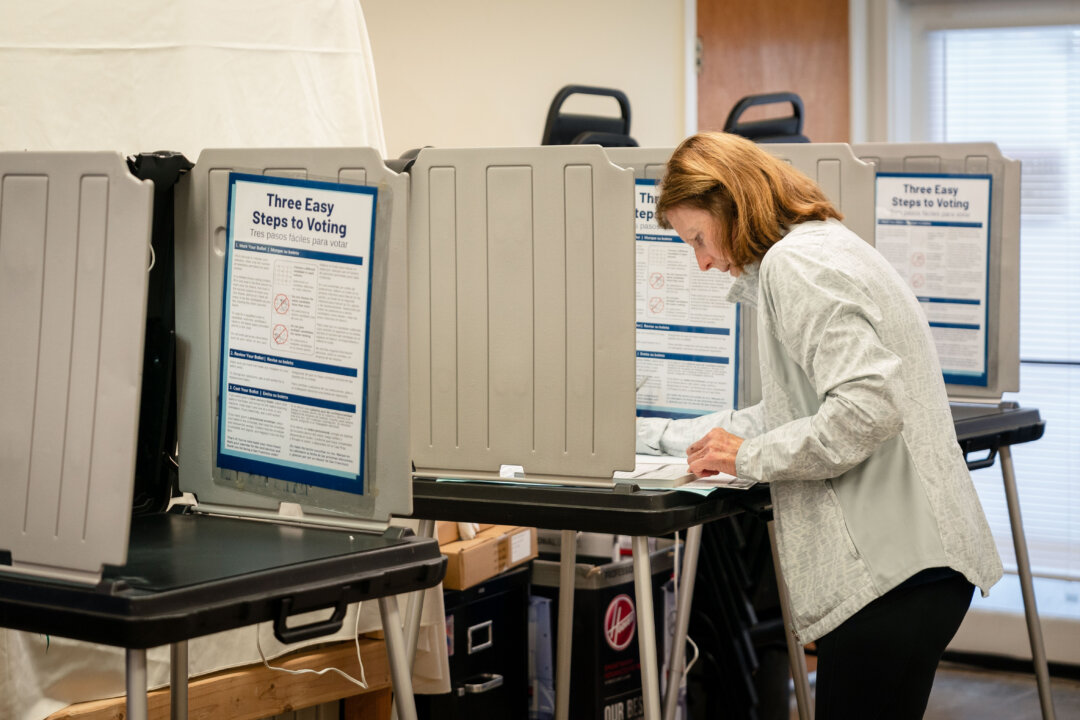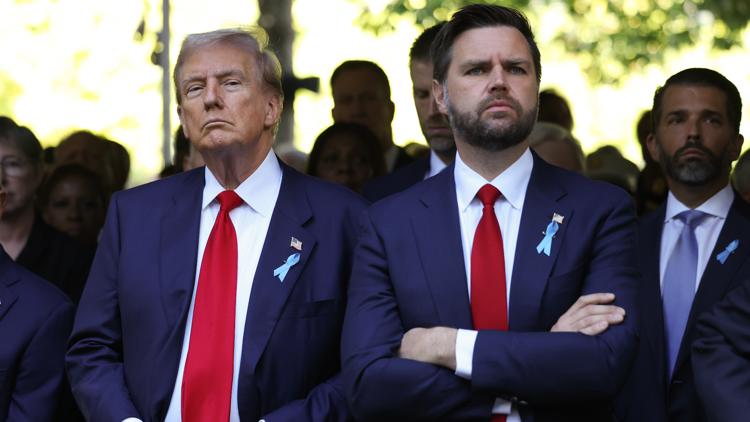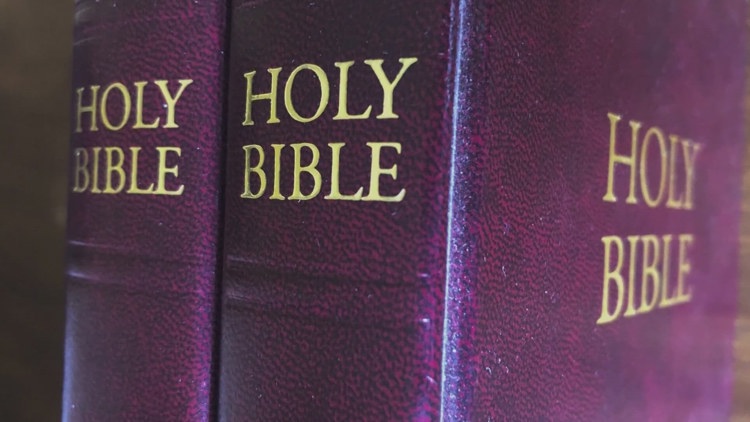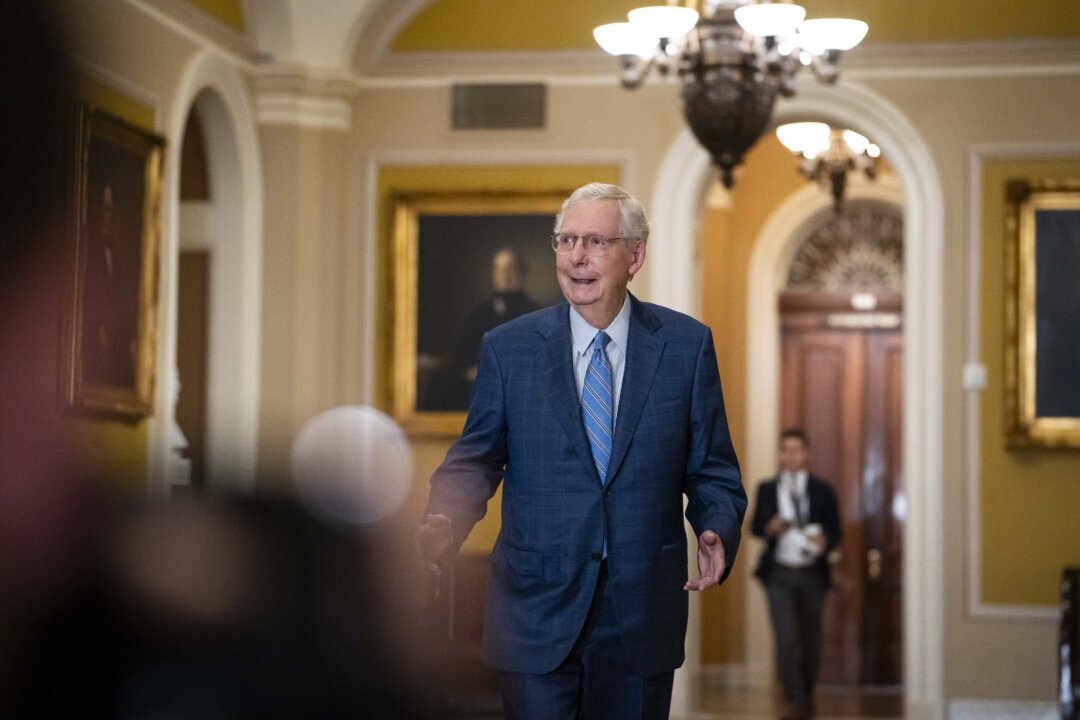
California elections officials are following new and established state laws and vote tallying processes that some say are extending the time it takes to complete the job of certifying the election. A spokesperson for the secretary’s office told The Epoch Times that managing elections is a “thorough process that takes time,” especially in a state with the most registered voters nationwide—about 22.6 million in California.
Secretary of State Shirley Weber discussed the vote count process at a virtual news conference on Nov. 14 and said “we respect every vote that comes in.” “I think folks would like for us to rush and finish it, and we do the best we can,” Weber said.
As of publication, Alameda County has the most ballots to process statewide at 187,000. The counties of Sacramento and San Bernardino have the second and third most outstanding ballots—with about 174,000 and 124,000 remaining, respectively. On the other end of the scale, only the smaller counties of Amador and Sierra have finished counting all ballots received.
One county north of the Bay Area has more than 16,000 ballots left to count, out of about 40,000 cast. The lead election official said counting and signature verification is underway. “We go by election law as to the steps to certify our election,” Katrina Bartolomie, Mendocino County registrar of voters, told The Epoch Times by email on Nov.
14. “We are in full election mode.” This means that when county officials find a problem with a ballot, they will attempt to contact the voter and provide an opportunity to fix the problem.
The law allows officials to resolve signature verification issues up to 26 days after an election and prohibits certification until 28 days after election day. The bill author said establishing a uniform date for election certification across counties reduces confusion and helps voters meet submission deadlines. “I realize that in today’s society there’s an expectation of immediate gratification, but I think voter access, election security, and count accuracy should be the primary goal of our election system,” Berman told The Epoch Times by email Nov.
14. “I know that waiting for results can be frustrating for voters, just as it is for candidates, and I am interested in pursuing ways to speed up the count. However, while safeguards such as the signature verification process in particular can be time consuming, it is a necessary part of the process to make sure that our elections are secure and that every properly cast vote is counted.
” Unless extended by the state legislature, the law is set to expire in January 2025. Berman did not explain why the law targeted the 2024 general election. Critics of the vote-by-mail law said the state’s registration database, known as VoteCal, needs updating to secure the election.
“Until VoteCal can be shown to be considerably more reliable, the mailing of ballots with disregard to verifying the eligibility, residence or even existence of the registrants is reckless in the extreme,” the Election Integrity Project California wrote in legislative analyses. “The legitimacy of all electoral results and the faith and confidence of California’s voters demand much more caution.” Delaying the deadline to receive mailed ballots up to seven days after the election is also potentially problematic, according to the group.
“This extension offers far too much leeway for would-be bad actors to simply falsify a voted-by date, which is the go-to verifier should there be no readable postmark,” the integrity project wrote. “Introducing an additional 4 days for ’timely arrival' is a gift to would-be bad actors and a threat to election integrity.” Weber’s office has until Dec.
7 to certify the presidential election and until Dec. 13 to finalize certifications for all other election results. Nationwide, Delaware certified election results the quickest this year on Nov.
7..














